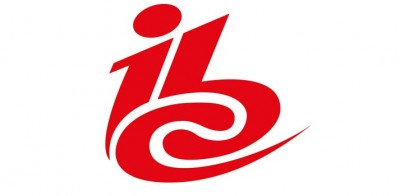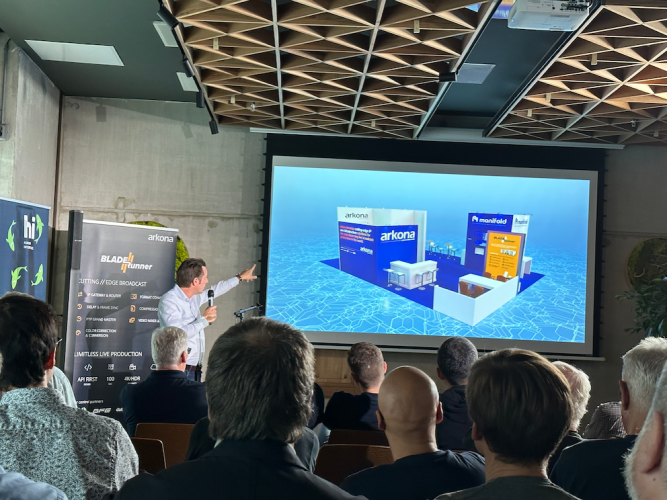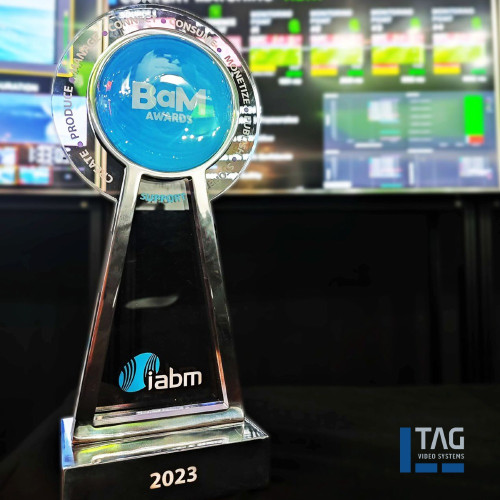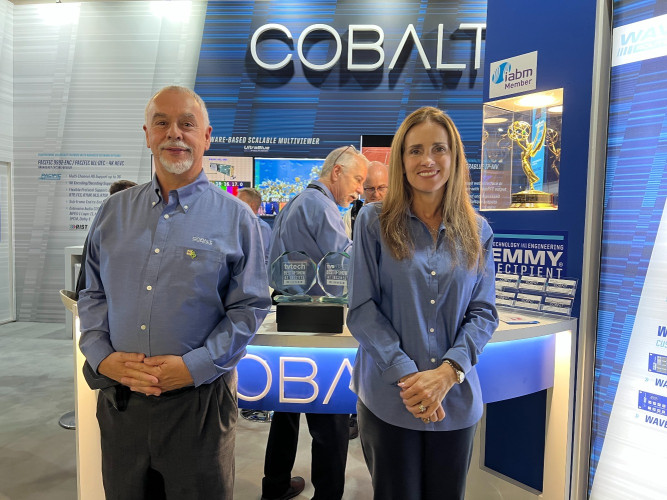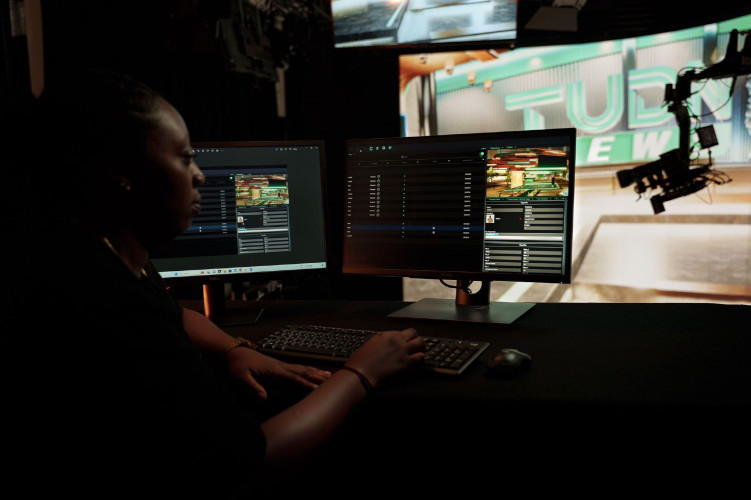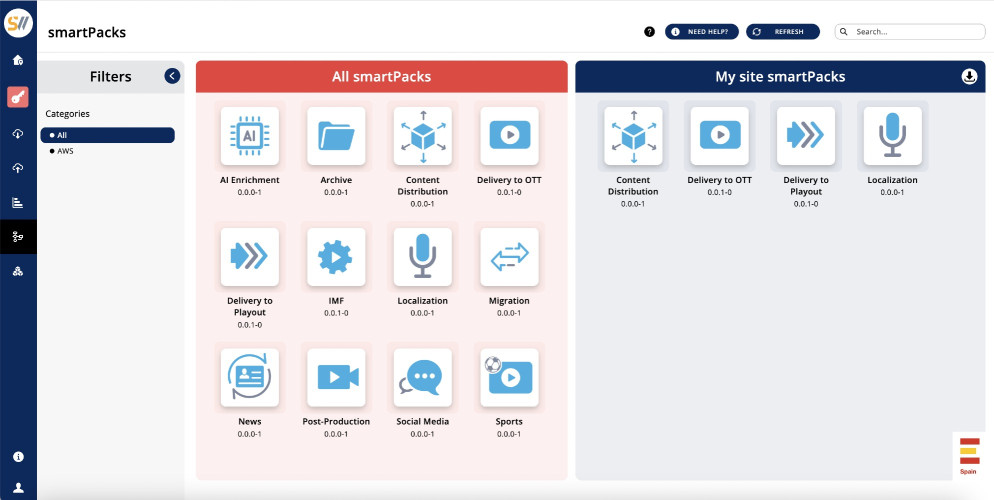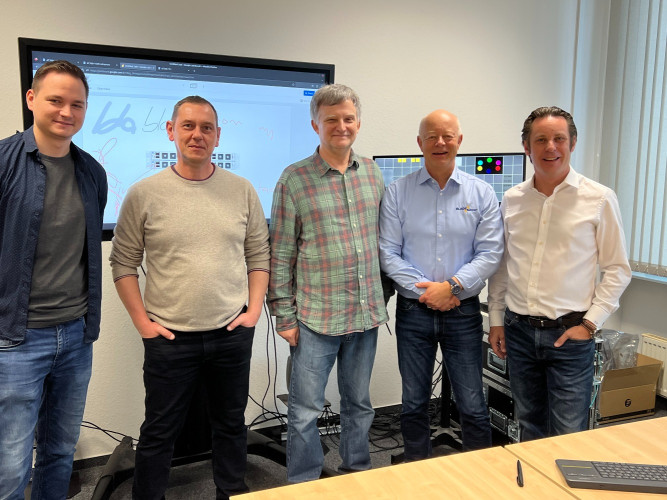A team of world-leading sports broadcasters, rights owners and technology vendors, collaborating as part of IBC’s Accelerator Media Innovation Programme, have revealed the initial results from an English Premier League production workflow trial to support the goal of a carbon ‘net zero’ future for live productions. Together, they demonstrate how innovative remote & cloud production workflows can meet ambitious sustainability objectives and reduce the environmental impact of live production.
The project team, comprising six broadcast and production ‘Champions’ led by BBC Sport, BT Sport, Sky Sport, Premier League Productions and international rights holders NBCUniversal and SuperSport have come together with the English Premier League, IMG/Premier League Productions and albert (BAFTA’s initiative to support more sustainable production) to experiment with multi-provider cloud technologies, formats and workflows, sharing camera feeds, audio, graphics and human resources to avoid duplication and reduce travel and other energy requirements in the production chain.
High level findings from the trial include confirmation that cloud production reduces the amount of technical infrastructure required for the gallery production, for some broadcasters by up to 70%. It also demonstrated that cloud production further reduces the requirements for significant onsite technical facilities as it allows signals to be sent quickly and easily to multiple locations.
The project team deployed bespoke workflows and architectures alongside a traditional Outside Broadcast production to compare and contrast carbon footprints, in a collaborative ‘proof of concept’ demonstration during the Premier League game that took place on 16 December 2021, between Liverpool and Newcastle United.
The initiative will drive further research that support carbon footprint reduction for the sector, providing industry benchmarks and more measurable insights into live production for the first time. Project technology has been powered by six leading media and technology ecosystem vendor participants: Amazon Web Services, Blackbird, Hitomi, Microsoft, M2A Media, Singular.Live and Zixi.
The key findings of the project, revealed and explained by the Champions involved on IBC Digital, IBC’s online content platform, is available on-demand. The panel including representatives from BT Sport, Sky Sports, BBC Sport and the Premier League discuss the results, learnings and potential benchmarks and will share further insights with the industry through the release of a technical paper and discussions at upcoming industry events in the coming weeks.
“Improving sustainability has become a number one priority for the media and entertainment production sector,” said Andy Beale, Project Lead and Chief Engineer at BT Sport. “The future of our planet depends on a collective effort to become carbon net zero. With this IBC Accelerator project, we wanted to tangibly experiment together to understand the alternatives to traditional OB production in live sport, in order to make carbon metrics more readily available so companies can benchmark what they are doing and help motivate them to do more to reduce their own carbon footprints.”
“Reducing the carbon emissions attributed to the production of our sports programming is of great importance – and a major part of Sky’s ambitions to achieve its goal of net zero carbon emissions by 2030,” added Inga Ruehl, Executive Director, Production Services & Operations at Sky. “The promising results from the trial show that the industry goal of a drastic reduction of emissions through means such as cloud production workflows is very much attainable. If the industry continues to work together towards this goal it can make a huge difference.”
The initiative builds upon the significant progress made within the UK TV and film industries to date, while informing future research on sustainability in live production and improving its measurability. Albert, the industry body which enables production companies to track their carbon footprint, has already helped contribute to a 10% drop in the amount of carbon one hour of TV contributes to the atmosphere (from an equivalent of 10.2 tCO2e/hr in 2017 to 9.2 tCO2e/hr in 2019). Until recently, albert hasn’t been tracking connectivity and the carbon impact of the industry’s transition from satellite and fibre to cloud, meaning there has been little data on power consumption within data centres, and the way different cloud workflows impact them has largely been unknown.
“Innovation and collaboration are fundamental in the global effort to tackle climate change, and this IBC Accelerator embodies these attributes in its quest to help the broadcast industry achieve carbon net-zero live production,” said Mark Smith, leading the Accelerator programme at IBC. “It’s impossible for the media and entertainment industry to become more sustainable without qualitative data. The team behind this unique collaboration helped create all-important metrics by analysing the carbon footprints from high-profile Premier League games, providing actionable data so the entire industry can do its part to help solve the climate crisis.”
To watch the live demo session (Sustainability in Live Production) visit IBC Digital



